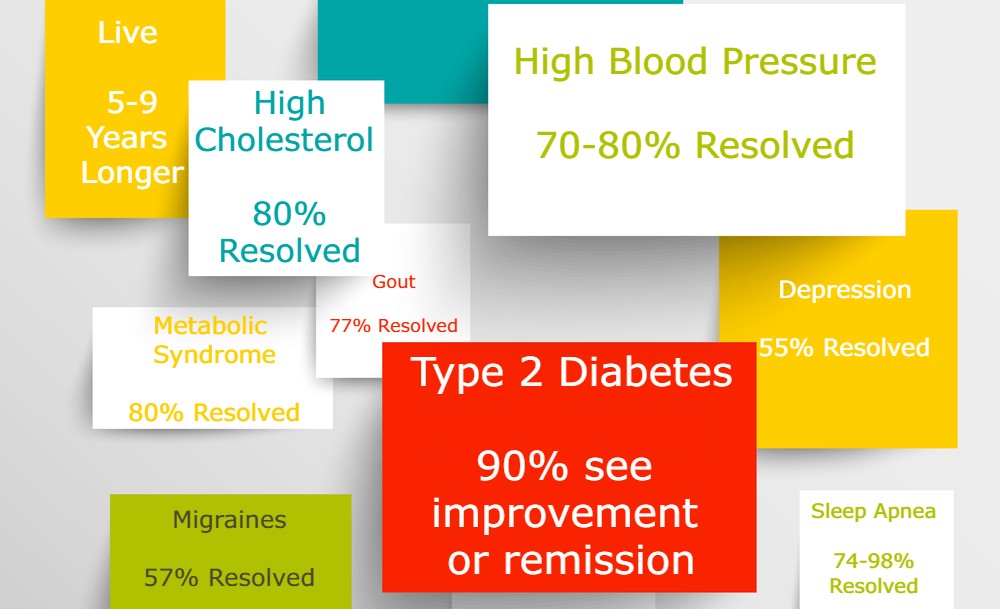You’ve done your research, attended a consultation, satisfied the insurance requirements, and now you have a surgery date! You probably feel both excitement and apprehension. After all, gastric sleeve surgery is life-changing. Clear expectations can help you more confidently navigate the first days and weeks after surgery. To help you prepare for life after surgery:
- This blog post outlines expectations for the first weeks and months after surgery during your gastric sleeve recovery time.
- Use the resources provided by Barix Clinics nutritionists to gain familiarity with the nutrition plan to follow after surgery.
- Gain insight and inspiration from the Barix Clinics online support group. There, people who have already been through surgery are ready to answer your questions and help as you recover from gastric sleeve surgery.
 Hospital Stay After Gastric Sleeve Surgery
Hospital Stay After Gastric Sleeve Surgery
Most people have some anxiety about the procedure itself. Rest assured, Barix Clinics has over 30 years of experience providing bariatric surgery – and it’s all they do. They’ve earned the CareChex Safety Award 5 years in a row. You’re in good hands with highly skilled surgeons and support staff working in a specialty hospital.
The nurses here are the absolute best! –Amber S.
If you’re wondering, “How long does the gastric sleeve surgery take?” the procedure itself generally takes under an hour. There will be some small incisions on your abdomen. Most people will spend one night in the hospital before continuing to recover at home.
Although individuals respond differently to pain, discomfort after surgery is typically moderate – managed at first with IV pain medication and later with oral medications.
While in the hospital, your diet will progress from nothing by mouth, to ice chips, to a clear liquid diet. You’ll be on a full liquid diet when you are discharged and can return home.
Frequent walking for short distances is encouraged and will help you feel better.
You’ll be discharged with a list of instructions and phone numbers to call if you have questions.

Gastric Sleeve Recovery at Home
Most people are happy to continue their recovery in the comfort of their own homes. It’s not unusual to experience a wide range of emotions in the first days and weeks after surgery.
Continue to take frequent walks, increasing distance and speed as tolerated. You can add other forms of exercise six weeks from surgery when restrictions are removed by your surgeon.
As you increase activity at home, pain may also slightly increase. Patients often experience the most pain between days 3-6. Most discomfort is usually located at the larger incision site. If your current pain management is not controlling pain adequately, contact your surgeon’s office.
Your top nutrition priority is drinking at least 64 ounces of fluid daily. You’ll also want to use protein drinks, low-sugar yogurt without fruit, milk, and other protein-rich full liquids to meet your protein goal. Your diet will progress in the coming weeks. Follow the guidance of your Barix Clinics nutritionists.

How Long Does Gastric Sleeve Surgery Take to Heal? When to Go Back to Work
You’ll want to take enough time away from work to rest and recover. Those who work from home or have sit-down jobs may be ready to go back to work sooner than others. Some people will need more time. Almost everyone is back to work within 4-6 weeks. Your surgeon can give you more specific guidelines based on your situation.
As You Continue to Recover and Adjust to a New Lifestyle
Seeing the rapid weight loss in the first weeks and months following surgery is encouraging and energizing. Most will lose 5-10% of excess weight two weeks from surgery, 10-15% within six weeks, and 20-35% within three months. Joint pain often subsides, and many health conditions see improvement.
You’ll continue to adjust to a new way of eating and drinking:
- It’s common to have less interest in food yet still crave some favorite junk foods.
- You’ll find simple meals and snacks often work best when relying less on convenience foods.
- You’ll still need to be mindful to drink adequate calorie-free and noncarbonated fluid between meals. As you heal, it gets easier since you can drink a little faster.
- Eating six small protein-rich meals is an adjustment for most. This eating style is easier if you do some planning and prepping.
- Taking small bites and chewing foods well takes practice until it becomes automatic.
- You’ll identify foods that taste good and are easily tolerated. It’s fun to explore new nutritious foods – ones that you can make at home like these delicious black bean brownies.
Activity as You Recover from Gastric Sleeve Surgery
After six weeks, your surgeon may remove lifting restrictions opening up more exercise options. You may decide to expand your exercise program with something like water aerobics, lifting weights, exercise classes, working out at the gym, or a combination of activities. Increasing the duration and intensity of activities will help you build endurance, lose more fat, and maintain muscle.
Follow-up Appointments after Gastric Sleeve Surgery
A commitment to follow up with your surgeon and the Barix Clinics nutritionists regularly after surgery is essential. Generally, appointments are scheduled for two weeks, six weeks, three months, six months, nine months, twelve months, and then annually after surgery. If you’re doing great, it may be tempting to skip these appointments, but they are a vital part of your success. In addition to answering your questions, your surgeon and nutritionist will provide support to make sure you:
- are on track with your weight loss
- are meeting your nutrition goals and are making healthy food choices
- have implemented behaviors that support a healthy weight
- are taking appropriate vitamins
- have lab values within normal ranges

Support After Gastric Sleeve Surgery
Life happens. The holidays happen. Covid 19 happened. Complacency happens. Continued support can help you navigate successfully through uncharted territory. At Barix Clinics, support can come from your surgeon and their staff, our team of nutritionists, and other patients through our online support group. You don’t need to do it alone. We are all here to help you continue and get back on along the path to success.
If You’re Considering Gastric Sleeve Surgery
Perhaps you found this post, and you’re not scheduled for surgery but are researching and thinking about it. If so, know that gastric sleeve surgery is life-changing. It empowers people to live a better life. The team at Barix Clinics will guide you through the steps before surgery and recovery and help you put lifestyle habits in place that support a healthy weight. The first step is to attend a consultation. You can submit information on our website, and we’ll call you with more information, or you can call us directly at 800-282-0066.

 Hospital Stay After Gastric Sleeve Surgery
Hospital Stay After Gastric Sleeve Surgery 






